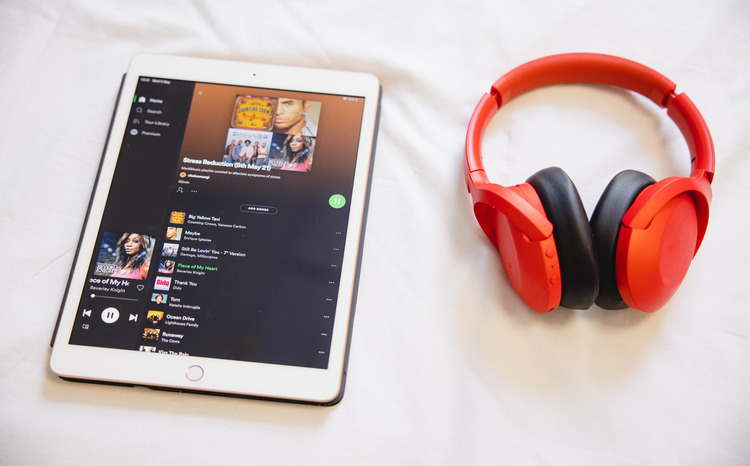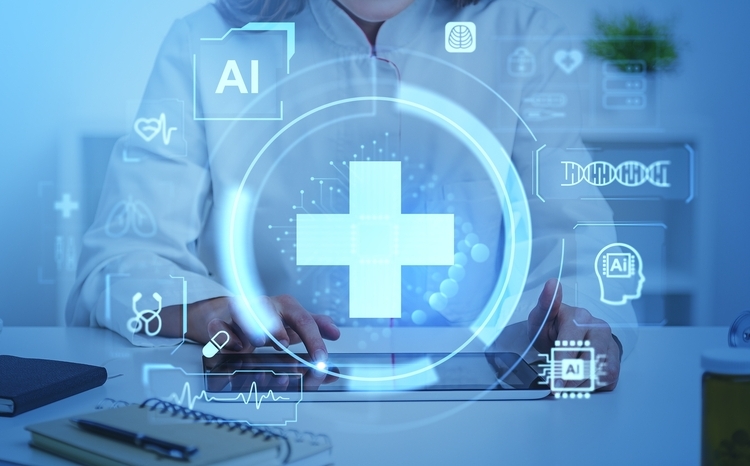Power to the people: on total recall
- 18 March 2014

So the police are going to be start videoing when they arrest somebody. And this week the BMJ published a provocative piece from Glyn Elwyn about patients recording consultations.
He asked whether clinicians should be told when patients are doing this. And whether such recordings would help or hinder healthcare.
The brave new world is already here
A 2” micro camera capable of capturing eight hours of video and weighing 30g costs £80. So – no matter whether you think such recording is right or wrong – technically this world is already upon us.
Just take a look at the lifeloggers out there who obsessively record each and every day of their whole life. But who on earth would have the time or the desire to view this stuff?
Patients might well find it useful to be able to go back over clinical encounters and then, maybe, shoot off a few emails to the doctor for clarification. And police recordings might end a few disputes between the force and villains.
But for you and I, going about our daily business? The demands of review would surely put a natural stop to recording, wouldn’t they?
Well, it doesn’t take much to imagine software that responds to the command ‘let me review what the doctor said about cancer’. Or show me all my interactions with a ward sister over the previous week.
A few years from now, and we may have sentiment analysis that identifies desired emotional content: show me all the points in the interaction when my social worker appeared to be nervous.
At its furthest point this process ends in a singularity – the point at which every interaction is preserved.
Spuriously real
The closer to the transparency singularity we get, the more profound the challenges become. Humans are used to negotiating meaning, to constructing reality together.
Although we frequently get side tracked into our own certainties in this process, the result, to use the words of philosopher Maurice Merleau-Ponty, is that ‘reality is an inter-subjective ambiguity’
On this view, truth doesn’t lie in any objective, outside reality, it lies in a continuously negotiated and always ambiguous set of understandings between you and me.
Omni-present recordings introduce a third element with a spurious certainty into this negotiation. We may concentrate less on what we each mean and instead argue more about: “But what you said was…”
Just as Google maps makes it significantly harder to get lost, so recording interactions will make it significantly harder to argue about ‘what happened’. Holding each other to account will become much easier because we will literally be able to hold each other to the actual account, the actual recording.
Recording ahead of the curve
How should clinicians and health systems respond to this future? Since the economics of the recording seem to make it inevitable that consultations will be recorded it would be nice, for once, to get ahead of the wave.
What if clinicians asked if you would like a recording of your encounter much as the sonographer currently offers you a pictures your intra-uterine baby? Standards of communication would go up, clarity and understanding might rocket.
Recording your clinical encounters also adds one more layer to the information wrap that is increasingly available to the connected patient.
Anyone with a long term condition can already access total information about their disease, access support from others the same issue, read the latest research on therapies, and join a pressure group to influence NICE.
Having consultations – plus any other encounter, such as a conversation with the benefits office or an employer’s HR department – available for review would be one more step on the road towards the world that we are coming to inhabit.
A world where every node on the web, every individual, is its own little bejewelled, all-seeing Panopticon.
The danger of being able to review any interaction at will is that we will assume that we therefore have somehow nailed down ‘the truth’ when all we will have done is to review the current negotiation of what will always and forever be an ambiguous and contingent understanding of reality.
A matter for negotiation
For medicine, this negotiation has historically been profoundly asymmetrical. When you came to see me as a GP, it was my job to tell you what was going on, to tell you that you had disease X.
This was not a negotiation between equals. You did not dispute the diagnosis, still less pass an opinion on what might trouble me.
And the diagnosis subsequently defined you. You had whatever the doctor told you you had. If the end result of all our mutual interactions with the scanners, clinicians, pathologists, and the whole technology of medicine were to say that your body had cancer, then you have cancer.
Being able to access all relevant information, tests, scans, medical records and now what was said between us, progressively reduces this asymmetry.
As this happens the power of the doctor is reduced and the patient is, as we are so fond of saying, empowered. Although there is much to welcome in this, there is also a dark side.
When faced by death we all sometimes want big, powerful doctors with big powerful machines to stand between us and our terrors. Total information makes the uncertainties of treatment clearer.
Total recall may shine a harsh light on the frailty of professionals. Both may leave us more alone than we used to be. Reducing the power of professionals makes it explicit that it is us who are in the driving seat as we head towards our own demise.
The networked world has already made potential journalists, musicians, movie makers and bankers of us all. Soon we will have become our own doctors, our own policemen, our own censors. Is it also possible that we will be more connected than ever yet at the same time lonelier than we have ever been?


Paul Hodgkin
Paul Hodgkin is founder and chair of Patient Opinion, a website on which patients, service users, carers and staff can share their stories of care across the UK. Patient Opinion is a not-for-profit social enterprise based in Sheffield.
Until 2011, Paul also worked as a GP and has published widely including in the BMJ, British Journal of General Practice and the Guardian and the Independent. Follow him on Twitter @paulhodgkin.




